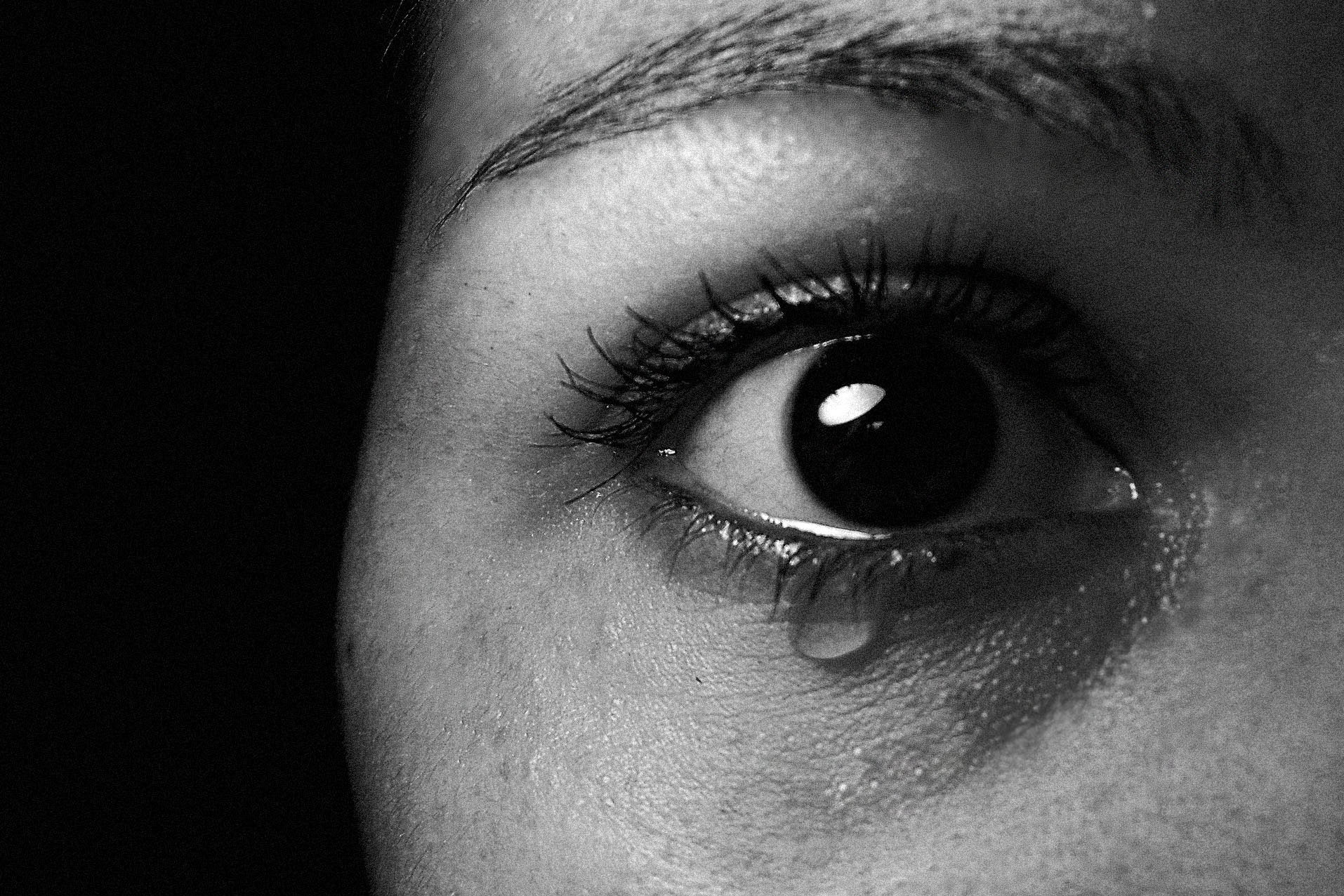Cry your heart out, it is healthy
Strange as it sounds, there are health benefits to crying. In an online quiz reviewed by Dr Melinda Ratini, I got nine of 15 questions right, and my result came with the report: “It’s a crying shame you didn’t get a few more right. You could have had a top-“tear” score, for crying out loud!” […]

Strange as it sounds, there are health benefits to crying. In an online quiz reviewed by Dr Melinda Ratini, I got nine of 15 questions right, and my result came with the report: “It’s a crying shame you didn’t get a few more right. You could have had a top-“tear” score, for crying out loud!”
So what health benefits can you get out of crying?
Water, more. First off, tears aren’t just water. There’s a lot swimming around in there, including oily lipids, metabolites, electrolytes, enzymes, and even hormones.
See? Without tears constantly hanging out around (and all over) your eyes, you wouldn’t be able to see clearly. The outer oily layer of your tears not only keeps your eye moist so it keeps working right, but it also gives the outer surface of your eye a smooth area to look through.
Joy, sadness and fear. When you feel these emotions, your brain tells your tear glands to start cranking them out. They are also called emotional or psychic tears. Physical pain can trigger them too, but that gets less as you get older. The older you tears up more with sympathy, morality and compassion.
One good thing, though: that tear that leaks out at that moment when Jack and Rose lose hold in the Titanic may have proteins and hormones you won’t find in tears that fall when eyes are simply watering. Scientists aren’t sure why. They think it may have something to do with your body trying to get back in balance after emotional stress.
Reflex tears. So that sad movie has ended, but you’re still leaking and your mood hasn’t changed. That’s just your eyes protecting themselves. They’re called reflex tears, and they crop up anytime something outside your body is bugging your eyes. Your eye’s normal moisture goes into overdrive to wash away irritants like smoke, an eyelash, or fumes from the onions you’re chopping for dinner.
Freely and often. Do you keep people at arm’s length? You’re less likely to cry and more likely to stifle tears when you get the urge to. If you have close relationships, there’s a better chance your crying is healthy and normal. If you’re too attached to people (meaning: “clingy”), you may cry at the drop of a hat, too. But it can be harder to stop.
Snoozing. Letting your baby cry before sleep doesn’t make sleep better. Experts studied 43 infants whose parents let them cry for set periods of time before falling asleep. They found that the babies woke up fewer times during the night and slept more deeply after their crying sessions. They measured the baby’s stress levels and found them about the same as babies who did not cry before sleeping.
Antimicrobial. Tears contain molecules that help prevent the spread of many bacteria, viruses, and fungi. They’re part of your body’s first line of defence against germs.
Nose flush. When the eyes cry, the nose cries too. Literally. Tears are made in your tear glands and drain through your tear ducts. Those ducts connect to the inside of your nose. So as the fluid exits, it often goes through your nostrils. It’s why you tend to get snotty when you sob.
Detox. Watering eyes help keep out dust, debris, and other irritations. Scientists think tears of emotion may get rid of toxins inside your body, too. Studies are ongoing, but emotional tears are full of stress hormones and other chemicals, so they leave the body every time you cry.
Mood killer. Scientists say your tears can work as a “chemosignal” that subtly affects the people around you. Using MRI, experts looked at the brains of men who had just gotten a whiff of female tears and saw the activity in the section that controls sexual arousal went down. Sniffing the scent of women’s tears also appears to lower testosterone in men, too.
What tears won’t do. The act of crying doesn’t always bring stress relief. Sometimes a cry can be cathartic. But it really depends on why you’re crying and who you’re around when you do. If you have good support when you cry, it’s likely you’ll feel like it helped. But if you try to keep your tears in, or others’ reactions make you feel shame for crying, it may not ease things at all.
